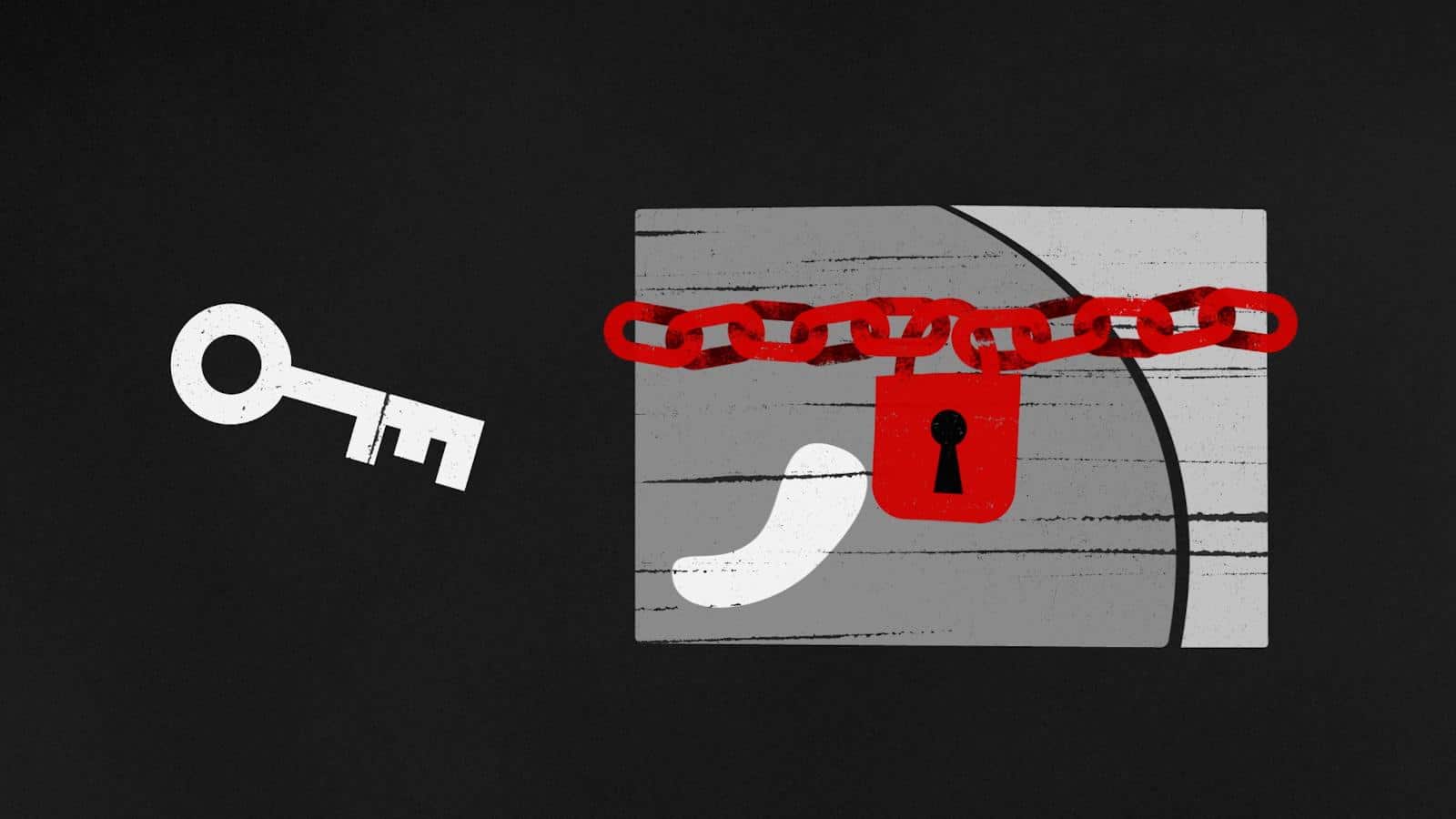MONICA KELLY WRITES — On average, a woman spends eight years of her life menstruating – yet the topic of periods remains taboo and is stigmatized in China. This November, in a bid to end ‘period shame,’ women attending Chinese universities set up free sanitary pad dispensers in bathrooms.
These dispensers are part of a larger grassroots effort to normalize periods and increase access to hygienic products that many students cannot afford. A study conducted by the Maple Women’s Psychological Counseling Center in Beijing reported that nearly 70 percent of respondents tried to hide sanitary pads they carried around and more than 61 percent used codenames for their periods, such as “Chinese holiday” or “ancient uncle,” in order to alleviate shame.
The stigma of menstruation stems from Chinese tradition, which views menstruation as “dirty” or “unclean.” During their periods, women are discouraged from engaging in cultural activities, such as honoring the dead or visiting places of worship. In more conservative regions of China, unmarried women are discouraged from using tampons as a means to protect their virginity. These traditions have become customs – menstrual products, considered unspeakable, are overlooked as necessities for women.
Many female health workers voiced their concern that sanitary products were not considered critical items during the COVID-19 outbreak. These complaints fueled social media discussions among women who shared their frustrations regarding mostly men deciding everything on the subject, whether passing legislation, owning companies that make period products or overseeing advertising.
Unfortunately, period shaming is prevalent in more countries than just China. In Nepal, women are forced to use outhouses, discouraged from touching communal food and deemed “impure.” In India, the lack of accessibility to period products forces women to use old rags, husk, ash, leaves, mud and soil, as well as other potentially life-threatening materials to manage their flow. Nearly 23 million Indian girls drop out of school annually after they start their periods, according to a 2014 study by Dasra, a charity that works on issues of adolescent health.
In more than a few Asian countries, deeply ingrained cultural and religious beliefs, compounded with an inaccessibility to obtain products, has led to grassroots campaigns advocating that NGOs and schools provide sanitary pads. Growing public anger has fueled the end to period shame, but will governments respond? Let’s hope so. Wouldn’t it be a shame to continue this kind of shame game?


This article has some great points.